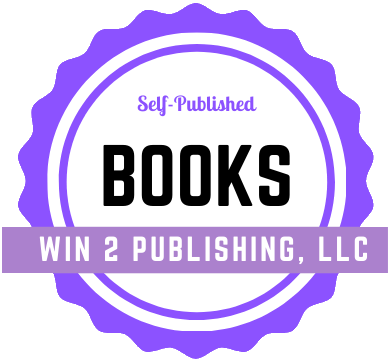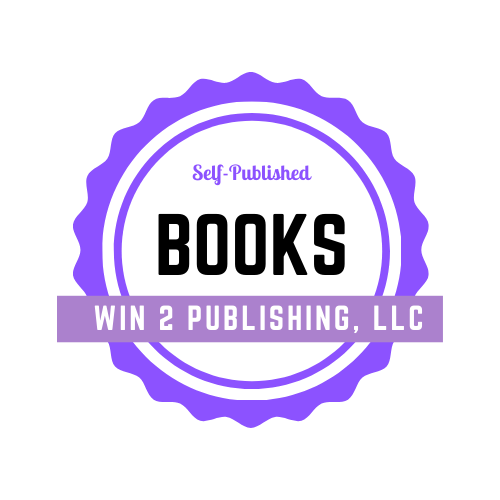
Self-publishing tips
Share this article:
Self-publishing v. Traditional publishing
As an author, you have two primary options for publishing your book: self-publishing or traditional publishing. Each route has its own advantages and disadvantages, so it's important to weigh your options and choose the one that's right for you.
Self-Publishing
Self-publishing involves taking on all aspects of the publishing process yourself, from writing and editing to formatting and cover design. Self-publishing is a hard task. You are responsible for promoting your book and getting it into the hands of readers. Some of the benefits of self-publishing include:
- Control: You have complete control over every aspect of your book, from the cover design to the pricing. You can make changes and updates whenever you want.
- Speed: Self-publishing is typically faster than traditional publishing, as you don't have to wait for a publisher to accept your manuscript.
- Higher royalties: Self-published authors typically earn a higher percentage of royalties than traditionally published authors.
- Flexibility: You can publish in a variety of formats, including e-books, print-on-demand, and audiobooks.
However, there are also some potential drawbacks to self-publishing. You are responsible for all costs associated with publishing and promoting your book, and you may struggle to get your book into bookstores or libraries.
Traditional Publishing
Traditional publishing involves working with a publishing company to produce and distribute your book. You typically submit a book proposal or manuscript to a publisher, and if they accept it, they will handle editing, formatting, cover design, and distribution. Some of the benefits of traditional publishing include:
- Expertise: Publishers have experience and expertise in all aspects of the publishing process, including editing, design, and distribution.
- Credibility: Being published by a traditional publisher can give you more credibility and exposure in the industry.
- Wider distribution: Traditional publishers can get your book into more bookstores and libraries than you could on your own.
- Advancements: Publishers will offer a book advance, meaning they will pay you upfront for the rights to publish your book.
However, there are also some potential drawbacks to traditional publishing. You have less control over the final product, including the cover design and marketing. You may also earn a lower percentage of royalties than self-published authors.
Choosing the Right Option
Ultimately, the decision to self-publish or pursue traditional publishing will depend on your individual goals and preferences. If you want complete control over your book and are willing to take on the responsibility of publishing and promoting it yourself, self-publishing may be the best option for you. If you value the expertise and credibility of a traditional publisher and are willing to give up some control over the final product, traditional publishing may be the better choice.
Whichever option you choose, it's important to do your research and weigh the pros and cons before making a decision. With the right approach and mindset, either option can lead to success as a published author.

Sign Up and Subscribe for quick updates!
If you would like to receive some useful tips on self-publishing, please include your name and email address below.
Share this article:
